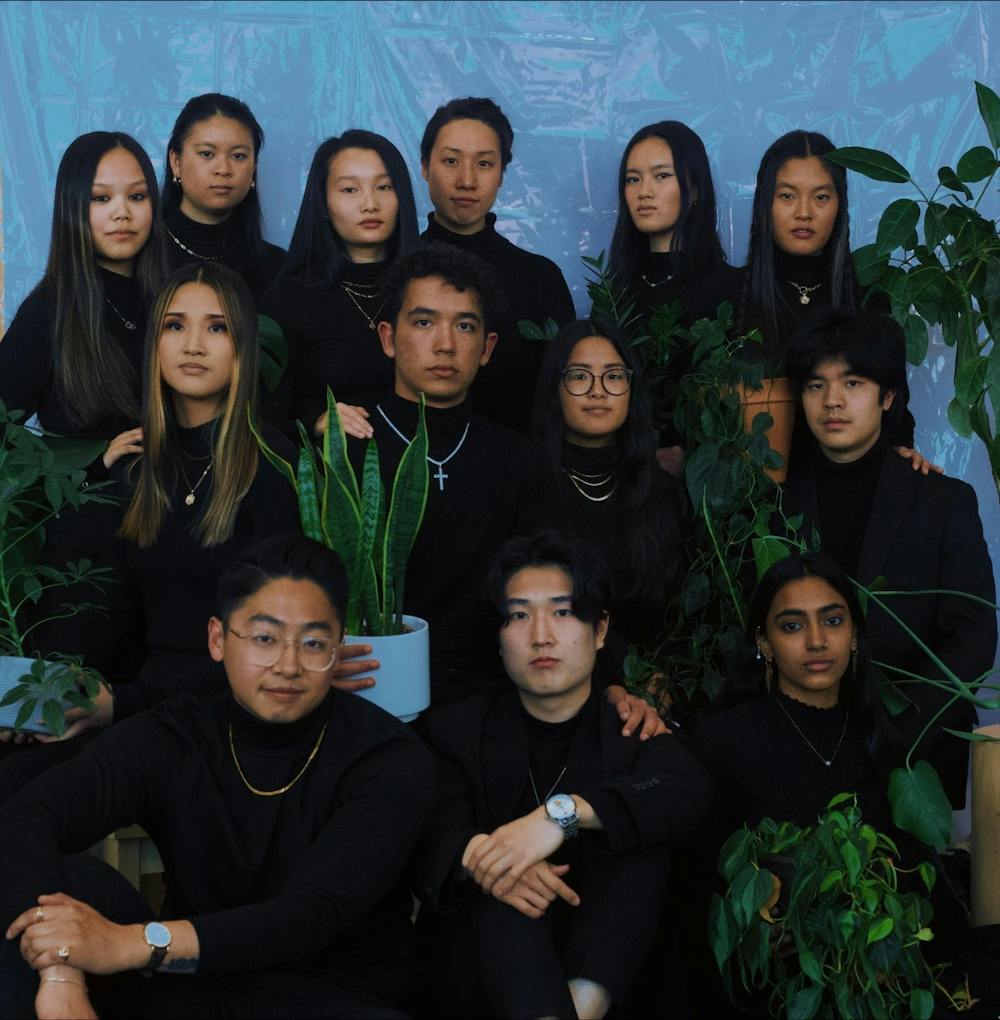From March 15 to April 15, Taylor University is celebrating Asian Heritage Month.
“Asian Heritage Month is officially celebrated in May, but since we are out of school then, we are celebrating it now,” Michaela Schurr, Co-President of the Asian Society for Intercultural Awareness, said. “We think this is a great way to honor and celebrate the diverse Asian heritages of students on campus, as well as spread awareness about cultural challenges and struggles the community still faces.”
As the campus seeks to celebrate Asian stories, it is important to explore the wide context of people’s experiences.
There may be space between the information students intake and the broader world of international news. Here, read about three global stories of hope in celebration of Asian Heritage Month.
Increasing Diversity in Bollywood
Bollywood, the motion picture industry based out of Bombay, India, is known for successful film-making and earning nearly $2.5 billion of revenue annually, according to Fortune.
In tandem with its large monetary intake, some people believe the industry is lacking diversity and equitable casting processes.
“In Indian cinema in particular, the casting process for many Bollywood films is prone to neglecting diversity and having questionable requirements for the actors performing in the films,” said Thom Cuffin-Munday, Indian cinema expert.
However, Surya Kasibhatla is paving the way for a different story in Bollywood.
Kasibhatla has cerebral palsy, a congenital disorder of movement and muscle tone, and is also the star of a new Indian cinema thriller, “Jalsa.”
The 14 year old was discovered by the film's casting director after she came across his YouTube videos that teach kids computer programming and cricket lessons in several languages.
The director encouraged him to try out — he was then chosen from a pool of over 100 teen actors.
His co-actor, Vidya Balan, characterized his acting as intuitive and instinctive.
“Indian films have always had non-disabled actors play disabled characters,” a BBC article said. “Jalsa breaks new ground in bringing inclusivity — many believe the roles of disabled characters should be given to people with disabilities, who could portray the nuances of living with such conditions more accurately.”
Kasibhatla hopes to continue acting and making waves for increased equity in Bollywood film-making.
"I hope casting me to play the role of a person with cerebral palsy will help people like me feel they too can dream and enter the entertainment business," Kasibhatla said. "I am happy to have played a part in making the Bollywood industry bring inclusivity and diversity."
Asian American teachers facilitate anti-racism workshops
Virginia Nguyen and Stacy Yung are Asian American teachers in southern California.
Growing up, neither of them felt as though Asian American stories were reflected in their kindergarten through 12th grade education curriculum.
“Like many Asian Americans, we felt invisible,” Nguyen said.
So, the pair decided to make a change.
To do this, they formulated two-part workshops for educators centered on teaching Asian American and Pacific Islander (AAPI) history and stories and modeling culturally responsive teaching practices in the classroom.
The first part of the series introduces educators to AAPI history.
“Using lessons and resources we have used in our classrooms we will identify common AAPI stereotypes and how to center student voices,” the pair told Smithsonian. “Participants will leave with teaching resources and identify possible next steps for applying these resources in the classroom.”
The second part of the series is centered on celebrating this history and AAPI heroes that have gone before and those in students’ midst.
“This workshop asks participants to reflect on their curriculum, if and how they include AAPI narratives in their classrooms, and the power of centering AAPI joy,” Nguyen said. “The part of this workshop that excites us the most is the invitation for participants to create lessons that celebrate AAPI communities. Stacy and I share our collection of AAPI heroes and work with participants in creating lessons for their classes."
Chess champion helping with hunger
Menuri Sachintha is an international chess champion, and advocate for children facing hunger in Sri Lanka.
In March of 2020, when the first COVID-19 lockdowns affected her home country of Sri Lanka, Sachintha was living in a housing complex with many families. Through living there, she witnessed the fierce hunger children experienced.
Using social media, Sachintha helped raise donation money from across the world. Using this money she curated small parcels of rations. The parcels included rice, onions and potatoes.
Then, she distributed these parcels personally across her homeland.
“Menuri’s father recounts that she was determined to deliver the parcels personally, to save families the indignity of collecting them,” a UNICEF article said. “She told him she did not mind dying doing it.”
Her fight is not over, though. Sachintha hopes to continue fighting the reality of childhood hunger.
“I used to feel the pain of those children who were dying with hunger,” Sachintha said. “I thought, I’m going to do my best to eradicate hunger in the whole world.”
To hear more stories celebrating Asian Heritage Month on campus, follow @asia_org on Instagram.





